Addis Ababa, 06 March, 2023 / 10:52 pm (ACI Africa).
Members of the Symposium of Episcopal Conference of Africa and Madagascar (SECAM) have, in their communiqué at the end of their March 1-6 SECAM Plenary Assembly, taken the commitment to “engender new forms of leadership” in the Church in Africa.
In their Sunday, March 5 message delivered at the St. Gabriel Parish of the Archdiocese of Addis Ababa, Catholic Bishops in Africa and Madagascar describe the ongoing preparations for the Synod on Synodality in Africa as “an experience of lived synodality – a moment of profound dialogue, listening and discernment among local churches and with the Universal Church.”
“To overcome and root out the weeds of clericalism, authoritarianism and indifference, we desire to engender new forms of leadership – be they Priestly, Episcopal, Religious and Lay,” members of SECAM say in their message read out by Bishop Emmanuel Adetoyese Badejo of Nigeria’s Oyo Diocese.
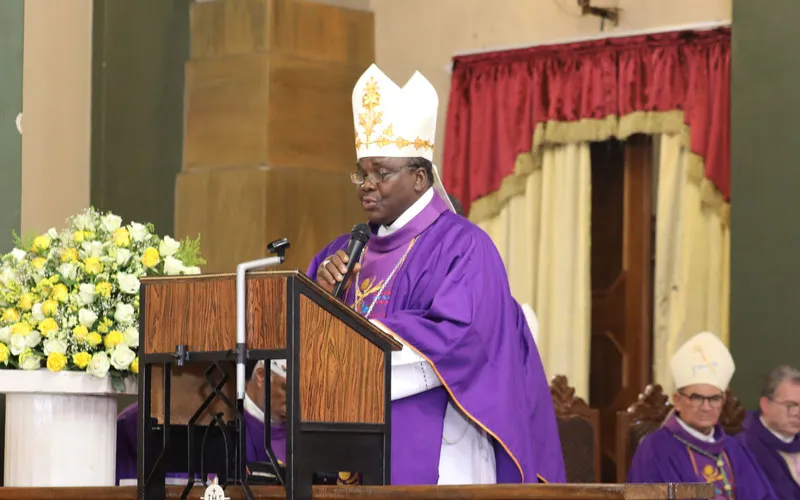 Bishop Emmanuel Adetoyese Badejo of Nigeria’s Oyo Diocese. Credit: ACI Africa
Bishop Emmanuel Adetoyese Badejo of Nigeria’s Oyo Diocese. Credit: ACI Africa
In their communiqué, the Catholic Church leaders who brought together some 200 delegates of the Africa Synodal Continental Assembly express the desire to “form the Synodal Family of God in the practice of integral and life-giving leadership that is relational and collaborative, and capable of generating solidarity and co-responsibility.”



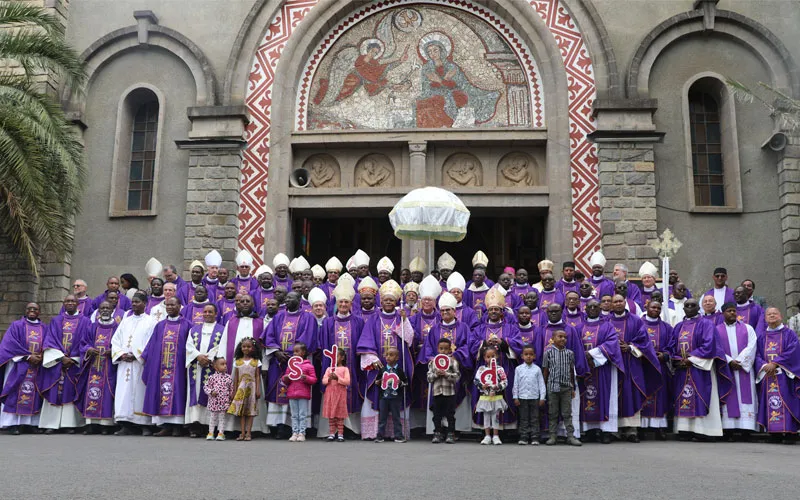
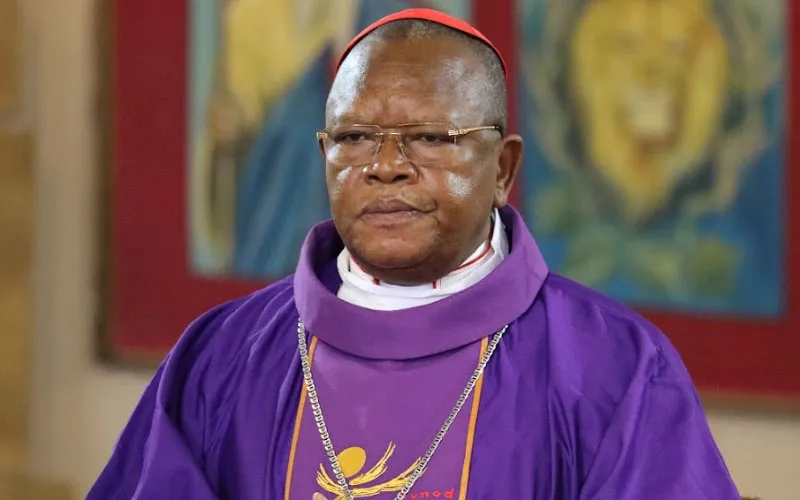 Credit: ACI Africa
Credit: ACI Africa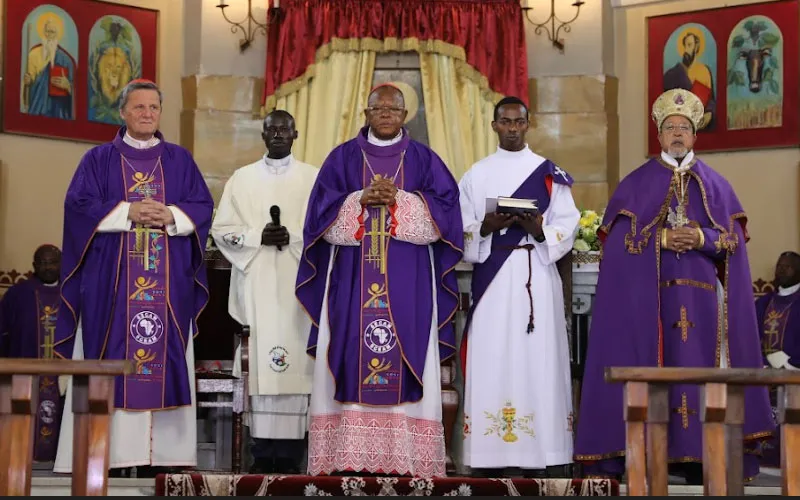 Credit: ACI Africa
Credit: ACI Africa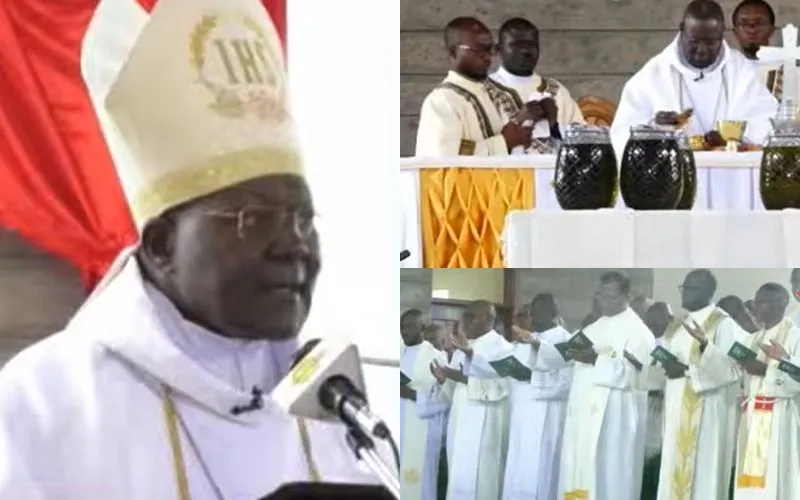
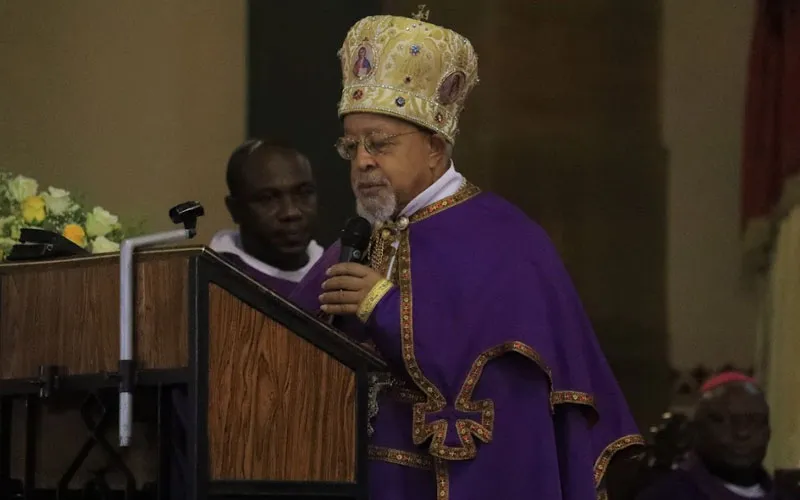 Credit: ACI Africa
Credit: ACI Africa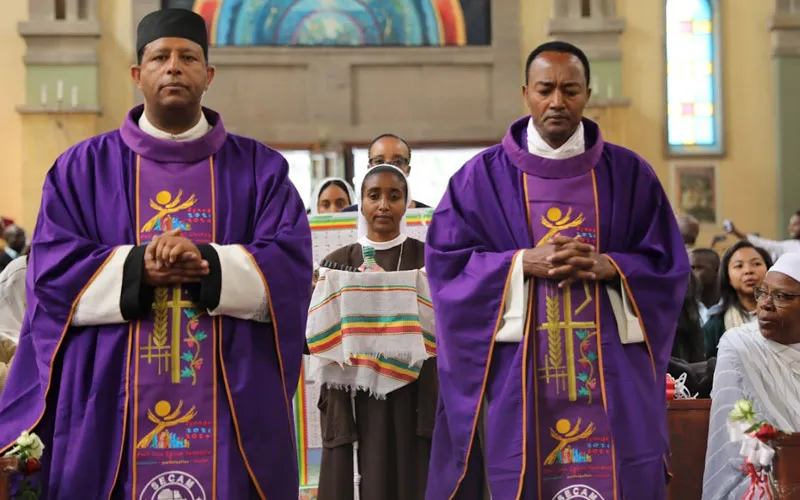 Credit: ACI Africa
Credit: ACI Africa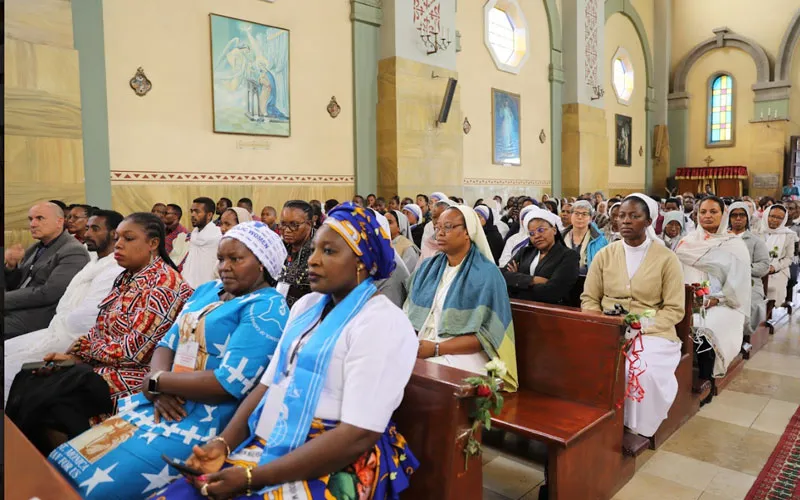 Credit: ACI Africa
Credit: ACI Africa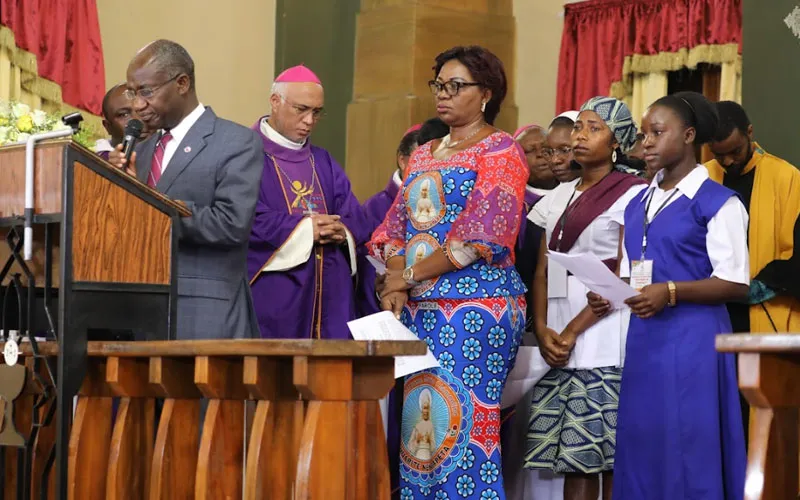 Credit: ACI Africa
Credit: ACI Africa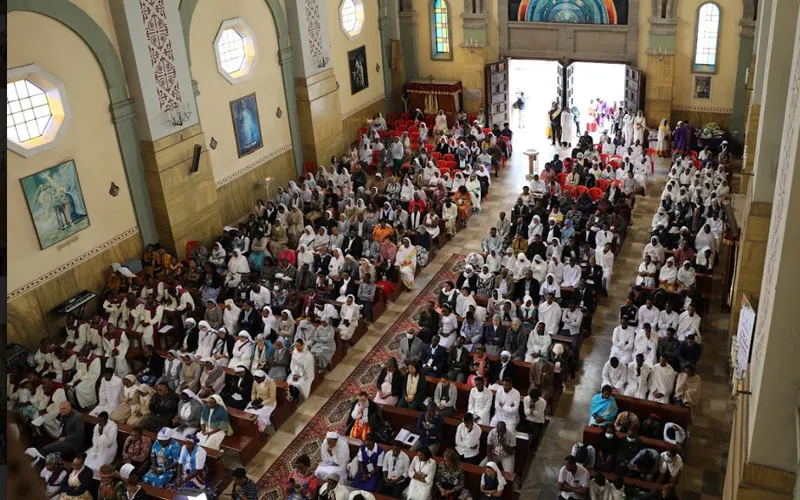 Credit: ACI Africa
Credit: ACI Africa


